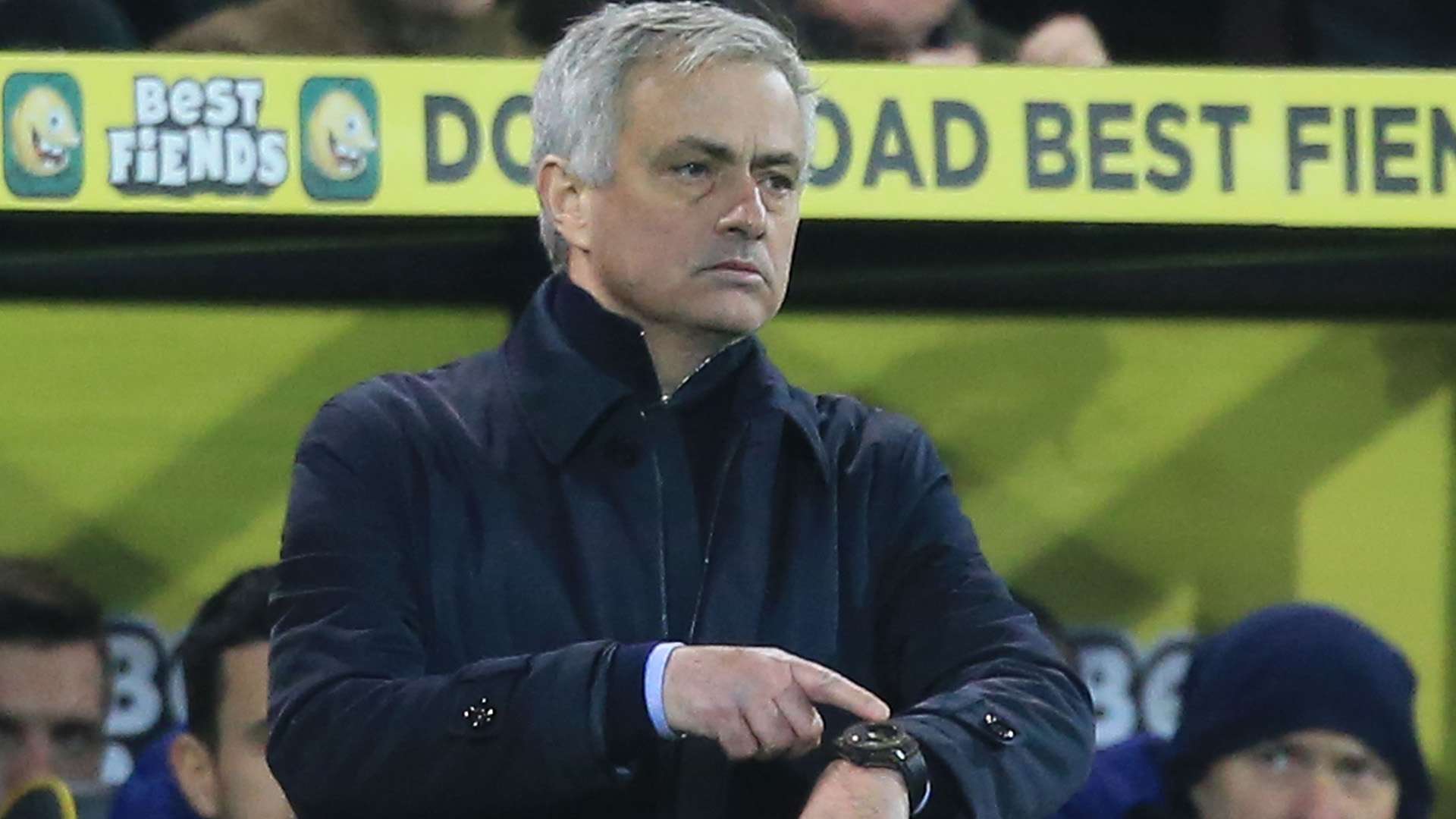Nowadays, a normal professional football match will last for 90 minutes and in some cases, such as a knockout tournament fixture, a game could go on for 120 minutes - but no more than that.
Even with the incredible advances in sport science, playing a match into extra time - two 15-minute periods after the 90 minutes have elapsed - takes a considerable toll on professional footballers.
Issues such as fatigue and muscle cramp are common in plenty of elite-level players in such scenarios, so it's hard to believe that there was a time when games routinely went on longer than that.
If you're wondering what that was all about, fear not! Goal takes a look at the longest football match in history, as well as other examples of football's long, drawn-out affairs.
What is the longest football match in recorded history?
The longest football match in recorded history was the showdown between English clubs Stockport County and Doncaster Rovers at Edgeley Park on March 30, 1946.
The duration of the match was a remarkable three hours and 23 minutes and the world record has stood for over half a century.
It was a Division Three North Cup replay, after the first game ended 2-2 and, as it would turn out, 203 more minutes could not yield a victor.
Tied once more at 2-2 after 90 minutes, the game between Stockport and Doncaster then went into extra time, but 30 more minutes were insufficient, with the two teams unable to score in that time period.
Before penalty shootouts were rolled out across the game, some of the methods used to decide the winner of a match after a 120-minute stalemate inluded tossing a coin and, as in this case, 'play to win'.
The 'play to win' rule was commonplace in English football during the wartime period of the 1940s and it was a form of 'golden goal' - in essence, 'next goal wins'.
Stockport thought they had clinched the winner on the 173rd minute when Les Cocker put the ball into the back of the net, but their elation was shortlived as it was agonisingly disallowed by the referee.
So they played on, each side valiantly searching for the decisive strike until, finally, the setting sun meant became too dark to play - floodlights, of course, not then commonplace at grounds.
It wasn't the end of the matter though. Doncaster won the right to host the second replay in a coin toss and they made little mistake in that game, winning emphatically with a 4-0 scoreline.
A cartoon depicting the match featured the quip: "With leaden feet County and Doncaster were interned at Edgeley Park with [referee] Mr Baker of Crewe a stern jailer."
Such lengthy encounters were relatively common during the period and another notable example came before in a War Cup match between Cardiff City and Bristol City, which lasted three hours and 20 minutes.
In many cases, spectators were able to leave the action to eat dinner at home or tend to other business, and return before the games finished.
However, the novelty soon wore off for wearied players and exasperated fans, so it wasn't long after the 1946 game between Stockport and Doncaster - a few short months - that the 'play to win' rule was scrapped.
By the 1970s, penalty shootouts had become the norm, but the allure of the neverending football match has endured for some.
In 2019, for example, a charity football match in Wales lasted 169 hours - though the conditions were non competitive and players were allowed to sleep for intervals.



